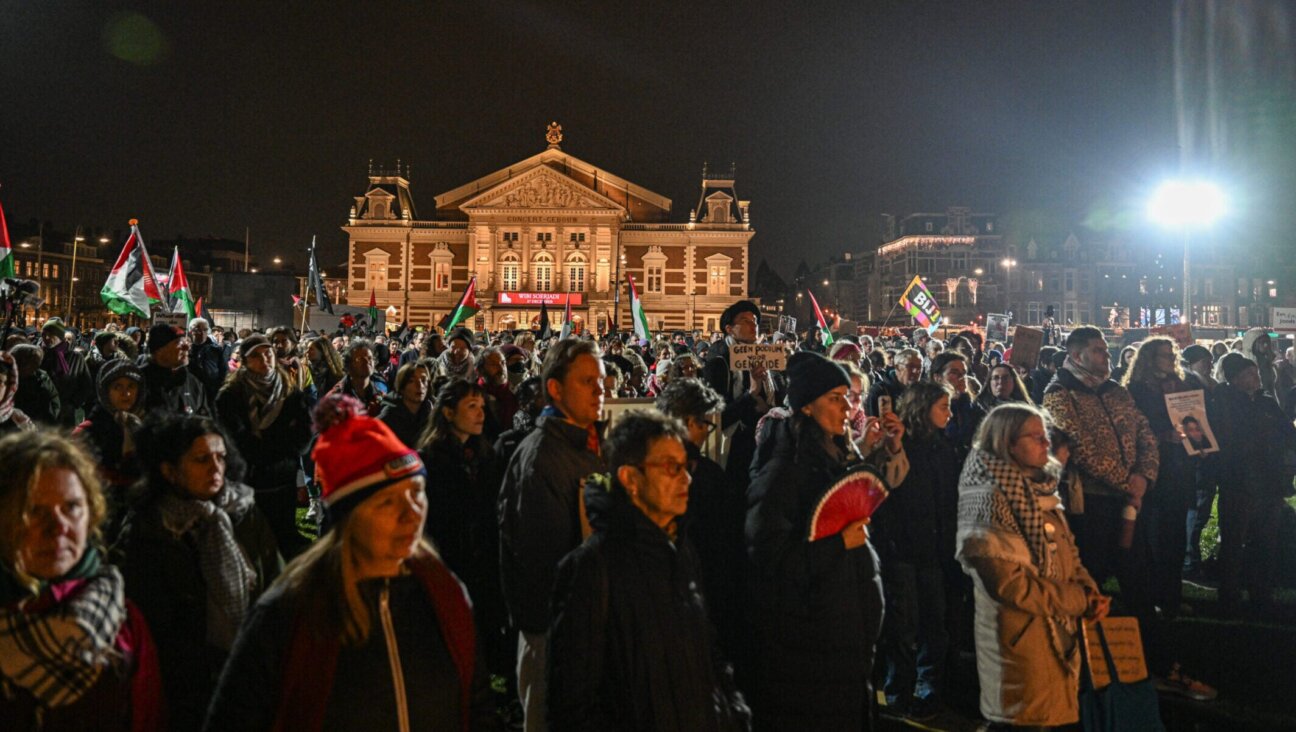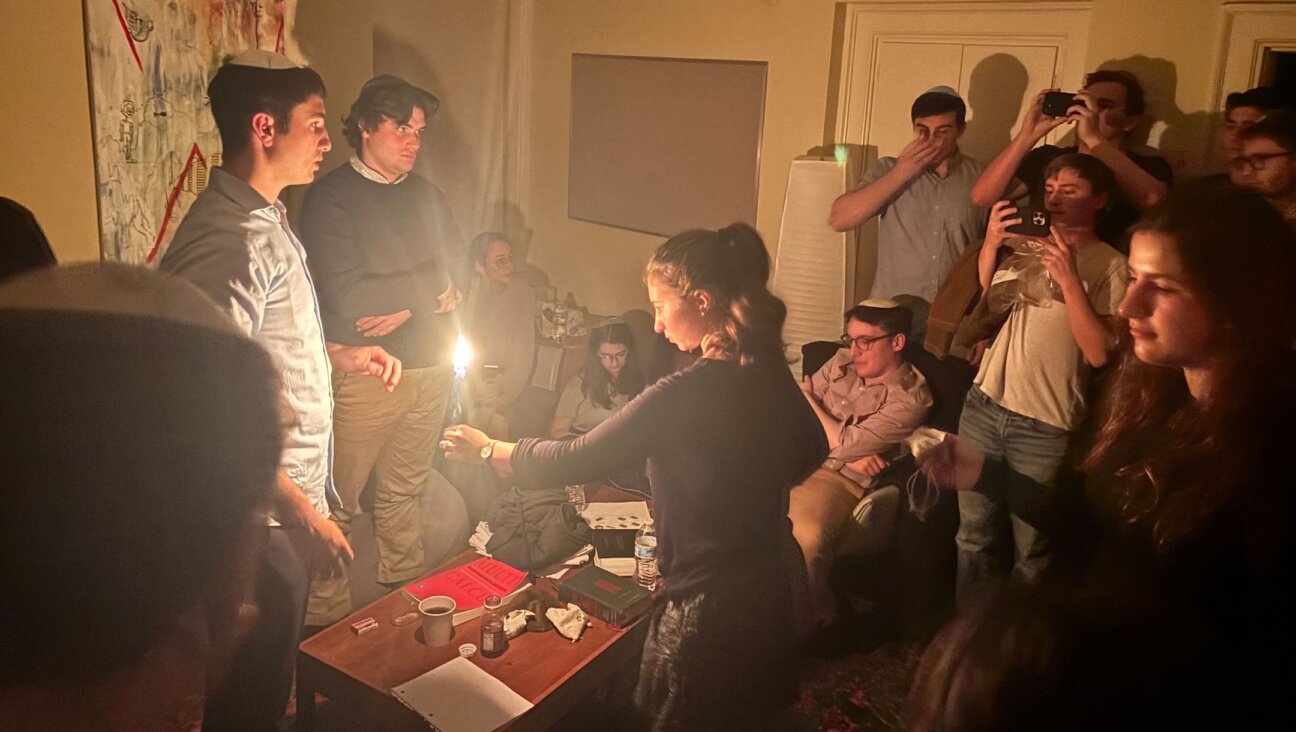High Holy Days Ticket Prices Are Costing Community
Before Christmas and Easter, many churches display signs that say “Come Worship With Us.” The most important Jewish holidays, by contrast, are just about the only times when Jews cannot walk freely into temples and synagogues to worship.
Unaffiliated Jews can be charged between $200 and $400 for the privilege of attending High Holy Day services, and members must pay $100 to $300. No wonder many stay home.
This year, though, one congregation abandoned the usual system, with results that should cause communities across the United States to sit up and take notice. The National Synagogue in Washington, D.C., opened its sanctuary to all — no tickets, no major fundraising appeal, just a refreshing breath of inclusion.
Before Rosh Hashanah, the synagogue’s rabbi, Shmuel Herzfeld, reached out across the capital area to encourage people to come, and several hundred did. At the Kol Nidre service, he told the sea of faces how glad he was to see so many people he didn’t know, and asked everyone to come and greet him personally after the service so he could invite them to Shabbat dinner at his home over the coming year.
Why can’t more congregations do likewise? The answer, of course, is that High Holy Day seats provide a major source of funds. Even though pledges are accepted, Jews do not pass a contribution platter at services, as Christians do. Ticket sales and fundraising appeals may detract from the spiritual nature of the holidays, but abandoning them could cause a sizeable dent in budgets.
While the traditional approach may maximize annual revenues, it is not designed to build up the Jewish community, or temple budgets, over the long term. That is why we should be seeking out precisely those Jews who balk at spending $300 to attend High Holy Day services, or who can’t be bothered to track down a lower-cost service at an area campus.
We don’t know who these non-attendees are because we don’t meet them. Some who don’t come to services are young people just starting out their adult lives. Others may think that the cost of joining a synagogue or paying for High Holy Day seats is an extravagance. Or they may feel unwelcome, or unused to attending.
Rather than excluding such Jews, we should be getting them to join us during the most important days of the year. It is ironic that while we charge high ticket prices, one of the most popular themes of Kol Nidre divrei torah is returning to the Jewish community.
Free High Holy Day seating could have a long-term payoff as more Jews become involved and interested in becoming members of synagogues. It may be optimistic to believe that all Jews would become contributors, but it is also realistic to think that many just might do so. After all, Jews tend to be well educated, with decent incomes and a sense of social justice. Once encouraged on the right path, their involvement may grow.
Everyone knows that the Jewish community is shrinking, and many thoughtful and generous philanthropists are trying to stem the outgoing tide. Funds are being devoted to Jewish education, to visits to Israel for teenagers, to beautifying places of worship and to Jewish cultural institutions.
Surely providing free High Holy Day tickets is an equally worthy cause. For a synagogue to be able to have a “Come Worship With Us” sign displayed as prominently as a church on Christmas — that would be a real advance, indeed.
Diana Furchtgott-Roth is a senior fellow at the Hudson Institute.
















